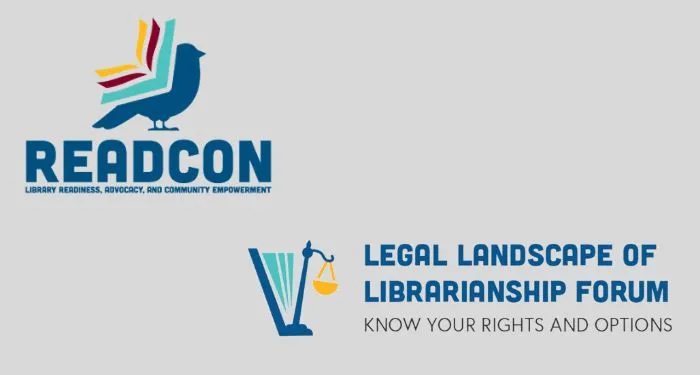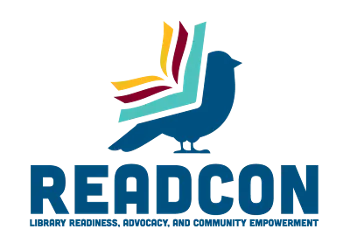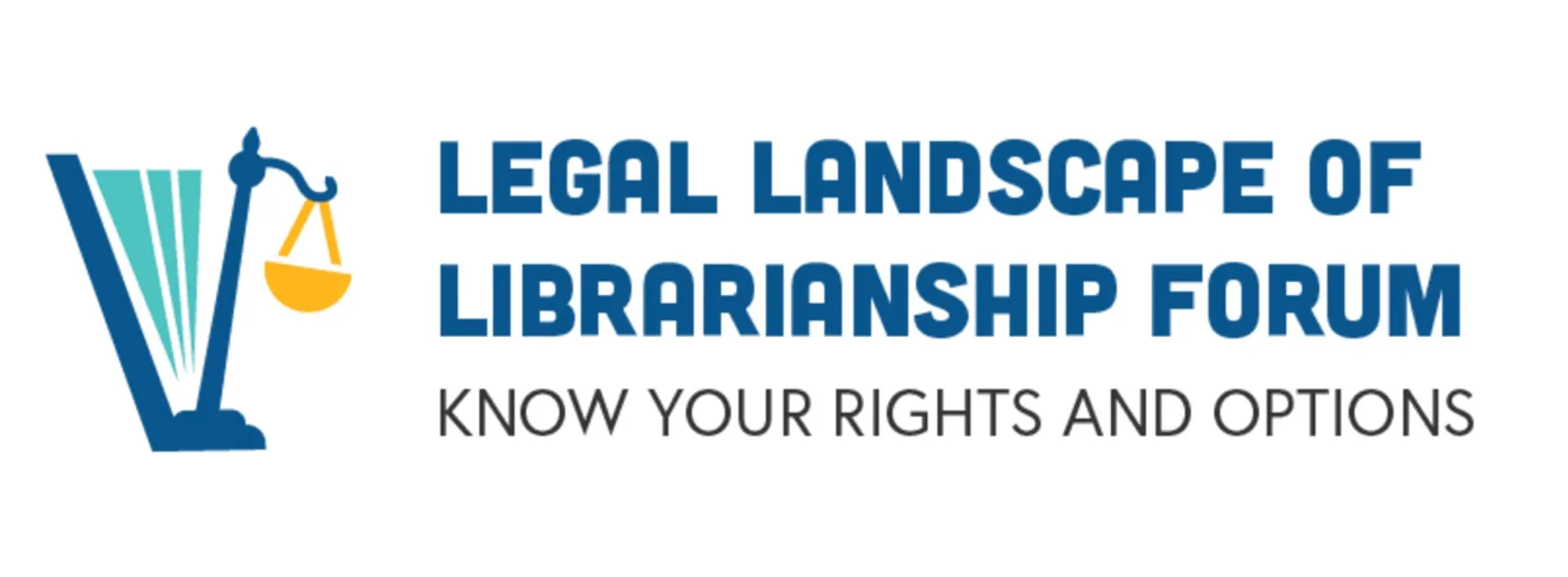
Build Your Library Skills in 2025 With These Tremendous New Resources
Libraries have been under constant attack for four straight years—and that doesn’t even take into account how much has transpired in the world of librarianship over the last decade. From COVID to AI, libraries have been weathering changes left, right, and center.
But how much have library workers been able to invest in themselves and build their skill sets during these (seemingly ceaseless) changing times? Perhaps the answer is not much. That could be because time is short and the work is long. It could be because attending a class, workshop, or conference is pricey. It could be a million other things or any combination therein.
As we enter the new year—and one that promises not to be slowing down—it’s time to build professional development into your agenda and tasks in order to do the best job possible in serving your community. Whether or not you have a budget doesn’t matter. One of these opportunities is freely available while the second comes at the nominal cost of $35.

READCON
READCON, also known as a curriculum for library Readiness, Advocacy, and Community Empowerment During Challenging Conditions, is a freely available skill-building program that helps equip library workers with a wide range of “soft skills” to help navigate the current and future realities of library work. The program is intended to empower library workers.
Developed through an Institute of Museum and Library Services grant, READCON is an extension of the Get Ready, Stay Ready Community Action Toolkit.
READCON contains six different broad topics for library workers to explore, either chronologically or through whatever interests or needs they find themselves seeking. The topics include disrupting censorship, crisis communication, the legal landscape for library workers, civic engagement, conflict communication, and a guide to youth advocacy. Each topic was written by an expert in those topics and includes a wide range of activities meant to help grow those skill sets—short videos, audio lessons, key readings, and more.*
All of the topics within READCON can be done solo or with a group. If you’ve got a few hours for professional development in your library, choose one or two of the topics within READCON and run it for all appropriate staff.
READCON is made available for free and offers its content in several languages for greater access.

The Legal Landscape of Librarianship Forum
An offshoot from READCON is the upcoming Legal Landscape of Librarianship Forum (L3), running February 18-20, 2025. The event, which costs $35, will teach library workers to understand their legal rights as individuals and as staff within the library, as well as the legal rights of the institution itself. It is designed so that library workers within any arena—public, school, or academic—can not only learn but have the opportunity to engage with the speakers to ask questions and get clarifications on legal issues as they relate to the library.
This closed, virtual event is limited to those who are currently working in public, academic, or school libraries, as well as currently enrolled MLIS students or those students enrolled in a school librarian certification program. Each session of the program is offered several times over the course of the three-day event, which allows for limiting the number of attendees in each session to 30. This will let attendees have the kinds of conversations and ask the types of questions that, too often, they do not get the opportunity to have. None of the sessions will be recorded or stored.
Among the experts are several lawyers, including those with library experience; policy experts; intellectual freedom and copyright experts; and more.
Spaces for this event are filling up fast, and librarians in states which have faced (or may soon face) significant legal challenges are especially encouraged to take part. Registration will close either when every slot is filled.
If interested in learning more or to sign up, head to the L3 website.
*Full disclosure: I wrote the curriculum for the topic of civic engagement. It includes where and how to do asset mapping, how to encourage civic engagement in your library, upping your public speaking skills, understanding and appreciating what your personal/professional values are, and more.












